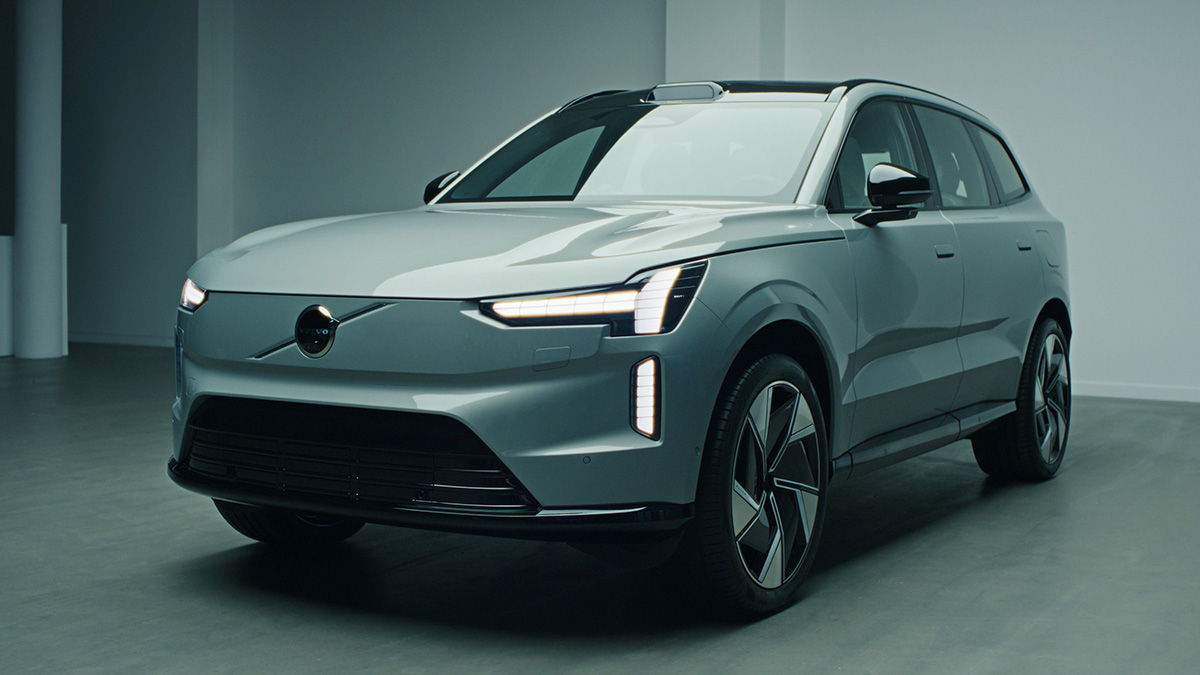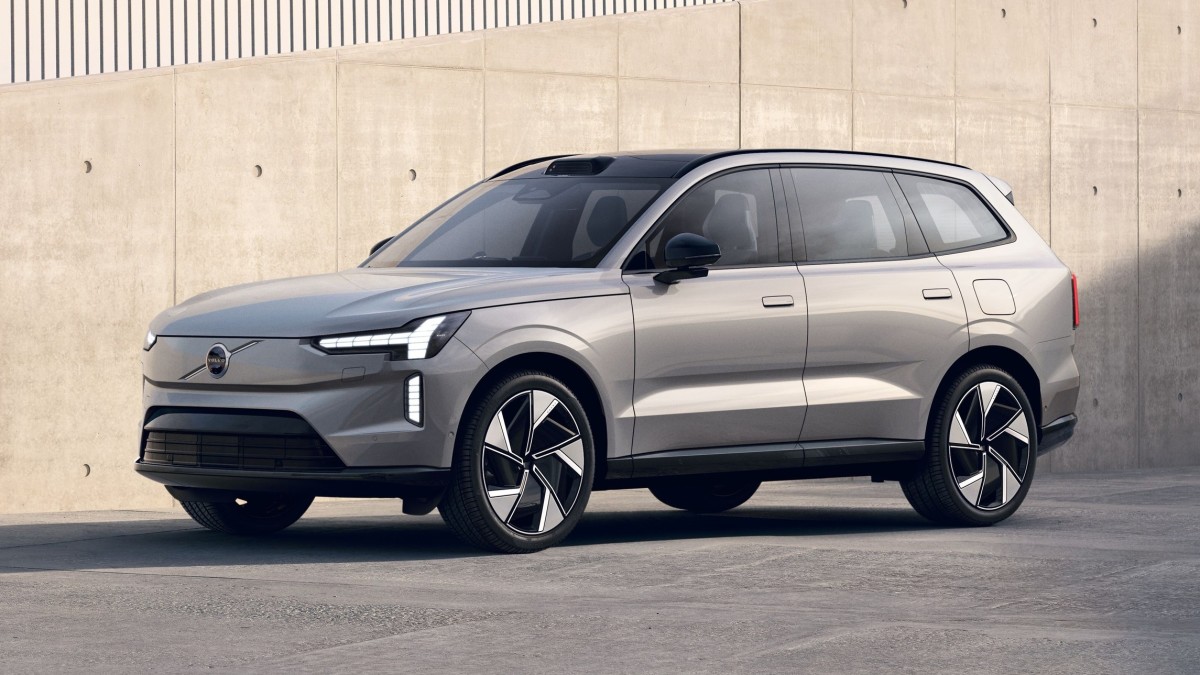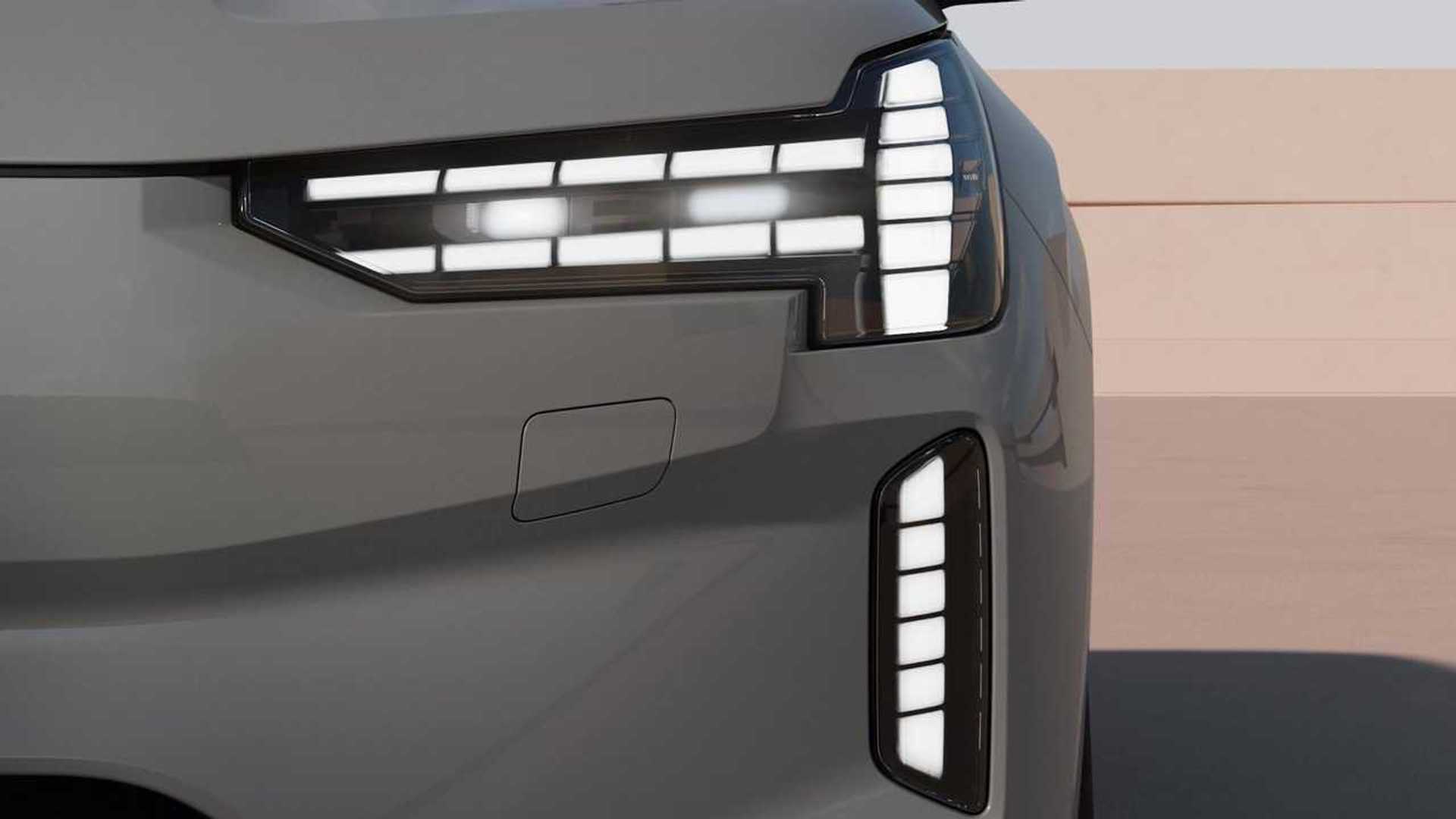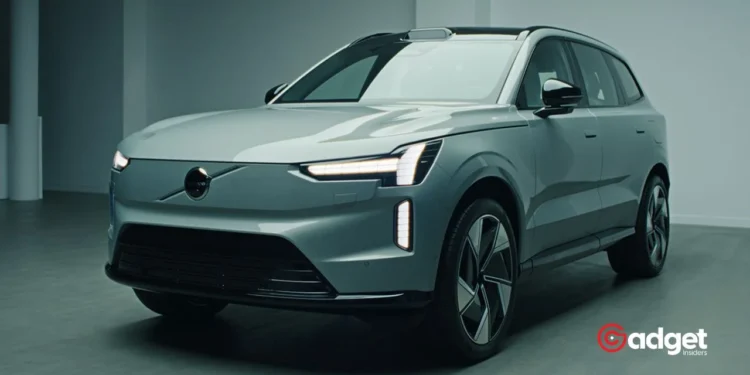Volvo has once again positioned itself at the forefront of automotive innovation with the introduction of the EX90, a cutting-edge electric SUV designed to meet the evolving demands of regulators, environmentally conscious consumers, and the burgeoning market for used electric vehicles. Unveiled in a grand event in Stockholm on November 9, 2022, the EX90 is not just another addition to Volvo’s lineup—it’s a bold statement about the future of electric mobility.
The Swedish automaker’s latest creation is comparable in size to the beloved XC90, a seven-seater that has captured the hearts of families worldwide. However, the EX90 goes beyond just transporting passengers; it’s equipped with luxurious features, advanced technology, and an impressive all-electric range of 300 miles. But what truly sets the EX90 apart is its revolutionary “battery passport.”

A Closer Look at Volvo’s Battery Passport
This innovative feature, developed in collaboration with British startup Circulor, aims to address several pressing issues in the electric vehicle (EV) sector. As regulations tighten—particularly in the European Union—the need for transparent and sustainable practices in vehicle manufacturing has become paramount. The battery passport, a result of five years of meticulous development, leverages blockchain technology to provide a permanent digital record of the vehicle’s lifecycle. This not only enhances traceability but also boosts consumer confidence in the environmental integrity of their purchase. “Volvo’s battery passport initiative is a game-changer,” noted a Reuters report. “It not only aligns with upcoming EU regulations but also sets a new standard for transparency in the automotive industry.”

Enhancing Consumer Trust and Regulatory Compliance
The introduction of the battery passport by Volvo is timely, as both the EU and U.S. regulators increasingly scrutinize the environmental impact and sustainability practices of EV manufacturers. By providing a detailed history of each vehicle’s battery—from its origin to its comprehensive environmental footprint—Volvo aims to address these regulatory concerns head-on. Moreover, this feature is a significant boon for the resale market of electric vehicles. As more consumers consider the sustainability and long-term value of their vehicles, the battery passport ensures that the EX90’s lifecycle can be tracked and managed responsibly, increasing its appeal to the next generation of EV buyers.

Volvo’s Vision for the Future
With the EX90, Volvo is not just selling a car; it’s promoting a vision of sustainable, responsible, and technologically advanced mobility. This move by the company may well set a new industry standard, where transparency and sustainability become as crucial as the technology itself in the manufacturing of electric vehicles. As the automotive industry continues to evolve, initiatives like Volvo’s battery passport could become the norm, reshaping how manufacturers, consumers, and regulators view the impact and potential of electric mobility.










